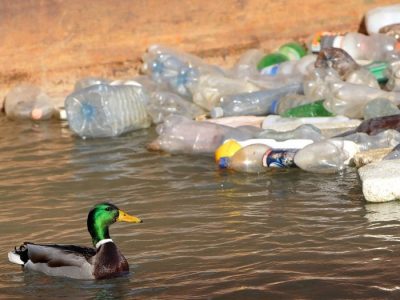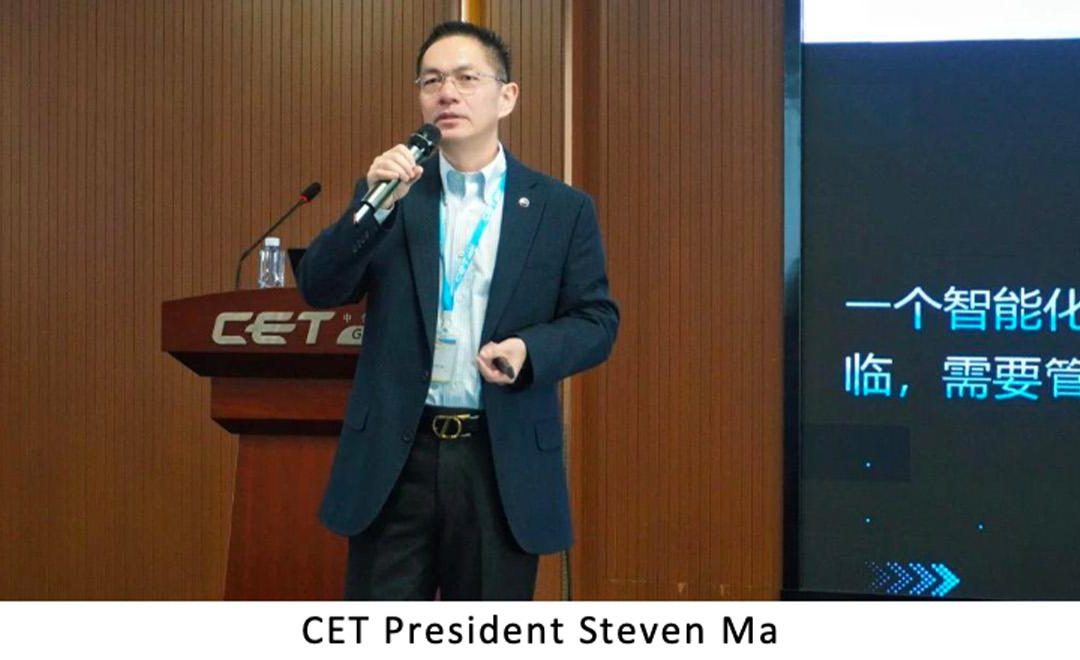
As a result of China’s recent well-documented ban on certain imports, Britain now faces the task of disposing of thousands of tonnes of plastic waste.
As The Telegraph reports, the UK, which “currently ships around two thirds” of its used plastics to China – an estimated 500,000 tonnes yearly – will now have to incinerate the majority of its waste or send it to landfill, in the wake of China’s recently imposed import ban.
China’s decision left UK recycling industry leaders admitting they had “no idea” how to deal with the effects of the ban, which was described by the UK Recycling Association’s Chief Executive, Simon Ellin, as a “huge blow” and “a game-changer for our industry”.
In 2016 alone, China processed over 7 million tonnes of plastic, more than 50 percent of the recycled plastic in the world.
Now Britain faces the prospect of having to burn a lot of its plastic waste, with recycling organisation Recoup saying that the ban “could lead to stockpiling of plastic waste and a move towards incineration and landfill.”
However, both incineration and sending plastic waste to landfill have negative impacts on the environment, with the burning of plastics risking the emission of pollutants including “hydrogen chloride, dioxin and fine particulate matter”, and additives from plastic left in landfill able to potentially migrate into water sources.
In addition, plastics “consume a disproportionate amount of landfill space because they do not degrade and shrink”.
The Local Government Association’s Peter Fleming commented, “Clearly there’s a part to play for incineration but not all parts of the country have incinerators.” He added, “It’s a challenge – but mostly in the short term… and we will cope. In the longer term we need a much more intelligent waste strategy.”
The UK Government “is currently considering a deposit reward and return scheme for some single-use plastic items.”
Greenpeace described the incineration of plastic as the “wrong answer”, with a spokesman telling the BBC that it is “a high-carbon non-renewable form of generating electricity” and “one that creates toxic chemicals and heavy metals”.
A DEFRA spokesman said: “We are taking significant steps to tackle plastic waste.
“We are introducing a ban on plastic microbeads and we have taken nine billion plastic bags out of circulation with our carrier bag charge.
“We recognise more needs to be done to protect our environment from the scourge of plastics, and have launched a call for evidence around deposit reward and return schemes for plastic bottles and other drinks containers.”




